Chloe's March reflection
What’s your go-to productivity hack that has helped you survive and thrive during your first three months here?
Navigating the complexities of a new role requires a robust system for staying organized and productive. During my initial three months, I’ve found a combination of tools and techniques to be exceptionally effective. My primary strategy revolves around detailed to-do lists. This not only ensures I don’t overlook critical items but also provides a clear roadmap for my day. The act of physically crossing off completed tasks offers a tangible sense of accomplishment, which helps maintain momentum and motivation.
Beyond daily to-do lists, I’ve integrated Slack reminders into my workflow. Recognizing the potential for information overload in a fast-paced environment, I leverage Slack’s reminder feature to keep track of meetings, deadlines, and follow-up tasks. Setting reminders for specific times ensures I address urgent matters promptly and don’t miss crucial appointments. This method has been particularly helpful in managing communication and coordinating with team members on various projects.
Furthermore, I’ve adopted the practice of setting small, incremental deadlines for myself. While long-term projects can feel overwhelming, breaking them down into smaller, time-bound tasks makes them less daunting. For instance, instead of aiming to complete a large report in a week, I set daily goals for specific sections. This approach not only enhances my focus but also provides a sense of progress as I meet each mini-deadline. It also helps to prevent procrastination, since I am constantly working to meet the deadlines I have set for myself.
The combination of to-do lists, Slack reminders, and small deadlines has been instrumental in maintaining my productivity and organization. These tools have helped me manage the initial influx of information and responsibilities, ensuring I stay on track and contribute effectively to my role. By consistently implementing these strategies, I’ve been able to navigate my first three months with confidence and efficiency.
What superhero skill would help you be more productive in a task you are currently working on?
If I possessed the superhero skill of mind-reading, it would revolutionize my productivity across all my responsibilities, which encompass supporting a national volunteer team, supervising diverse volunteer placements, and orchestrating volunteer events. The complexities inherent in managing these varied tasks are often amplified by the nuances of a hybrid work environment, particularly within a busy setting. Subtle communication cues, unspoken needs among colleagues and volunteers, and the potential for misinterpretations can significantly hinder seamless teamwork and overall efficiency.
For instance, when a colleague assigns a seemingly straightforward side task, such as promoting upcoming volunteer opportunities, mind-reading would allow me to immediately understand their specific expectations, desired outcomes, and any potential roadblocks they foresee. Instead of navigating ambiguous messages, deciphering brief video calls where non-verbal cues are easily missed, or relying on infrequent in-person interactions with limited time for thorough discussion, I would have direct access to their perspectives. This immediate understanding would eliminate the time-consuming guesswork and the often frustrating process of clarifying assumptions, leading to quicker and more accurate task execution.
Furthermore, mind-reading would foster a more inclusive and efficient collaborative landscape. Anticipating potential roadblocks before they materialize would also become significantly easier with mind-reading. By understanding the individual challenges and concerns of my colleagues and volunteers regarding specific tasks or event logistics, I could proactively offer targeted support, resources, and solutions. Mind-reading wouldn’t just help me navigate the intricacies of hybrid teamwork; it would empower me to lead with greater clarity, empathy, and ultimately, far greater effectiveness.
What’s one thing about your job that’s harder than you thought it would be—and what’s made you rise to the challenge?
One aspect of my role that has proven significantly more challenging than my initial expectations is the sheer breadth and depth of responsibility across a multitude of concurrent projects. Entering the nonprofit sector, I anticipated a dynamic environment, but the reality has been a constant juggling act, requiring me to navigate numerous initiatives simultaneously, often with a level of autonomy I hadn’t fully grasped.
This inherent ambiguity, coupled with the demanding schedules of colleagues who are equally stretched, has meant that direct, step-by-step guidance is often limited. While the collaborative spirit is strong, the practical reality of seeking immediate support can sometimes be challenging due to everyone’s commitments. This necessitates a high degree of self-reliance and the ability to learn on the fly, often through trial and error.The feeling of navigating uncharted territory while striving to meet deadlines was definitely a hurdle.
However, what has ultimately enabled me to rise to this challenge is a conscious decision to reframe each obstacle as a valuable learning opportunity. Instead of viewing the lack of clear-cut processes or immediate guidance as a deficit, I’ve embraced it as an invitation to develop my own problem-solving skills, exercise independent judgment, and contribute creatively to finding solutions. Each project, regardless of its complexity or the level of initial uncertainty, has become a chance to expand my knowledge base, develop new skills, and understand the nuances of our organization’s operations. By adopting a positive mindset and actively seeking out information and resources where available, even if it requires more initiative, I’ve been able to not just survive but thrive in this environment of multifaceted responsibility and continuous learning. This perspective shift has transformed potential frustrations into opportunities for growth and has empowered me to contribute more effectively to the team’s goals.
